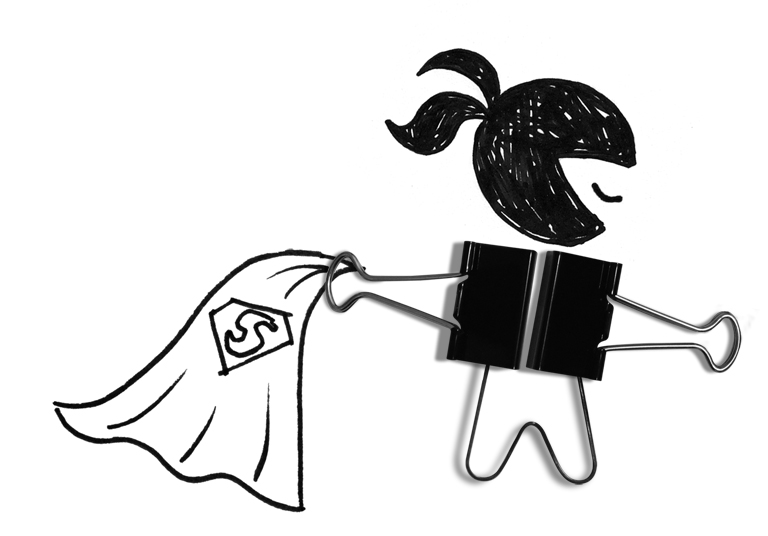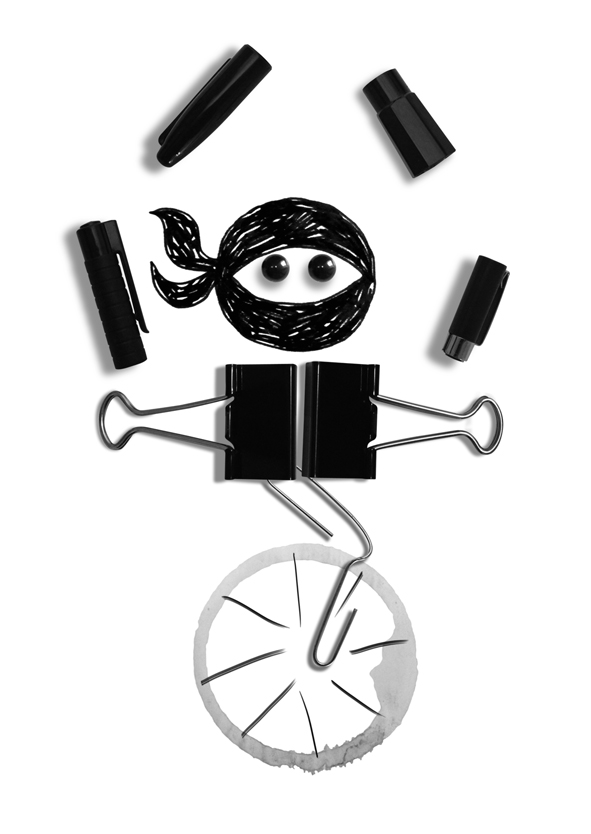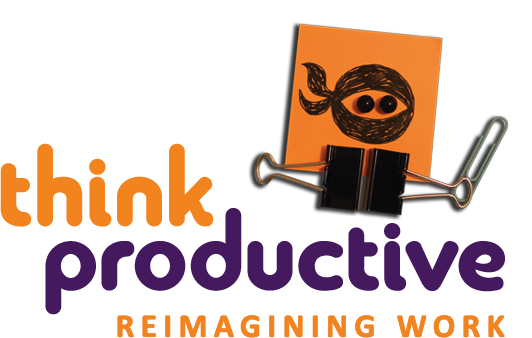The Perfect Worker Doesn’t Focus on Perfection
This blog title might seem unorthodox, because we’ve all often been told otherwise. But perfection is your enemy – not your friend. Perfection can seriously stifle positive momentum and is frequently a pointless waste of time. That’s why Productivity Ninjas avoid perfection at all costs. So why is perfection productivity’s enemy and how can you shift your mindset?
First, let’s talk about the idea of perfection. If you’ve been on one of our time management workshops, you’ll know how valuable your time and attention are. We’ve all been there – reading through the same three sentences, checking thesaurus for a “more intelligent way” to articulate the same idea over and over again…but is this really the best use of our attention? Rather than spending hours on trying to perfect your output, embrace the state of flow and ship a hundred new things. At the end of the day, those last minute changes rarely make any difference, so we might as well accept the imperfect.
Speaking of imperfect – let’s face it, we all are!

Productivity Ninja, Not Superhero
Although we might sometimes appear to be, Productivity Ninjas are not actually superhuman. As a Ninja you’ll develop a reputation as someone who delivers, someone who is reliable, makes good decisions and takes their work seriously. But not as someone who is perfect. We are all prone to screwing up now and then – no matter how organized, how intelligent, or how seemingly perfect we are (or are trying to be). And that’s OK.
One of our favorite parts of the best-selling ‘How to be a Productivity Ninja’ book is this reminder:
“We can aim for perfection and fail. Or we can aim for Ninja Zen-like calm, ruthlessness, weapon-savviness, stealth and camouflage, unorthodoxy, agility, mindfulness and preparedness, and succeed.”
The choice is yours, but why set yourself up for failure?

Making Mistakes & Learning From Them
Throughout various Productivity Seminars, we keep hearing that people associate making a mistake with failure. We all make mistakes from time to time – that’s part of being human. Those mistakes don’t define us and our work, but the way we react to them and move forward does.

It’s time to switch our mindset when it comes to making mistakes. Mistakes aren’t necessarily a closing door for future possibilities. Now, obviously if you keep on making the same mistake over and over again without ever switching gears, some doors will eventually start closing. But mistakes actually provide us with the opportunity to work on correcting them and make it better than previously planned. If things go wrong, don’t just abandon your plans just because they didn’t work out. Use this time of uncertainty as an way to develop yourself and your skills. What went wrong? Why did it happen? What could I have done differently? How well was the problem handled? Apart from understanding the error itself, we can see if it shone light on other areas, processes or procedures that might need improvement. All in all, it’s a great position to be in – accepting of mistakes, ready to practice Ninja agility, and ready to move forward better-equipped once it is resolved.

If you reflect on your mistakes, learn from them and avoid making the same ones again, you can easily move on. Use your mistakes as a way to showcase how dedicated you are towards conquering them. Prove to people – but most importantly, to yourself and your own confidence – that you are strong enough carry on. This is merely a reminder to us that we are human, not a reflection on the poverty of our skills.
Embracing the Anti-Perfection Mindset
Many of us have internalized over a long period of time that all we need to be aiming for is perfection. How do we accept the challenge to move away from it and embrace being human instead? Here’s how you can get started…
1) Set realistic goals
A project or a set of actions feels more in control the more clarity you have around it, not the more you have done it. Before you get started on any task or project, take a step back and ask yourself: “Am I clear on what I need to achieve here?” If there’s even a shadow of a doubt, go to your manager or consult your team. Diving into work and desperately trying to stay afloat and achieving goals without gaining clarity first, is a recipe for disaster.
2) Slow down
In today’s world, we’re constantly connected, always checking emails and on the move from one meeting to the next. Whether it’s in our email training, facilitation training or our productivity training – we always hear a collective sigh when discussing the pace of today’s workforce. It’s time to slow down. As soon as we take the time to really engage with the people around us and the work in front of us, we’re instantly less likely to make mistakes. Plus, we’re also much more likely to actually enjoy the hours we spend at work.
3) Ask for help
You don’t need to know all the answers. You don’t have to possess all the skills. There are people around you who can lend a helping hand or a brain to be picked. Instead of staying quiet and stressing yourself out about tasks you can’t complete or questions you can’t answer – ask the people around you. You’ll be surprised how much calmer your life is once you accept help. Obviously don’t forget to return the favour when the time is right!
Now it’s your turn! Shake off the need to be perfect and embrace being a Productivity Ninja instead.
By Hannah Urbanek
Hannah is Think Productive UK’s Head of Marketing and the voice behind much of our global social media and editorial content. You can connect with Think Productive Australia directly here.
This post was originally published in August 2014 and has been updated for freshness, accuracy, and comprehensiveness.
